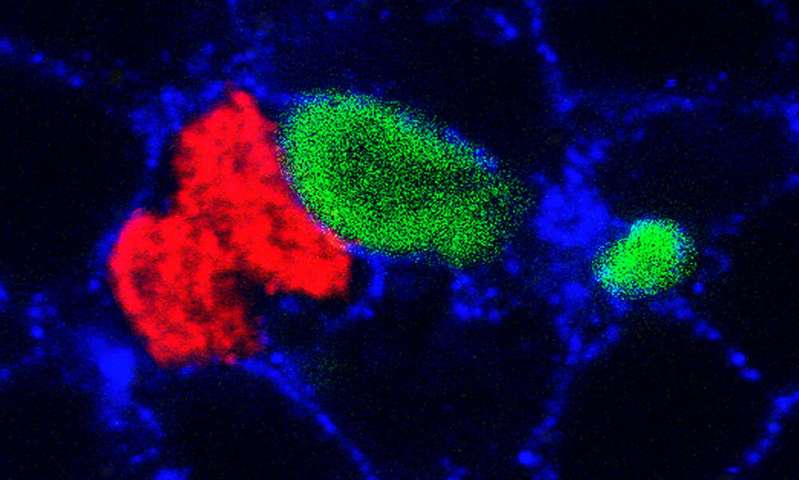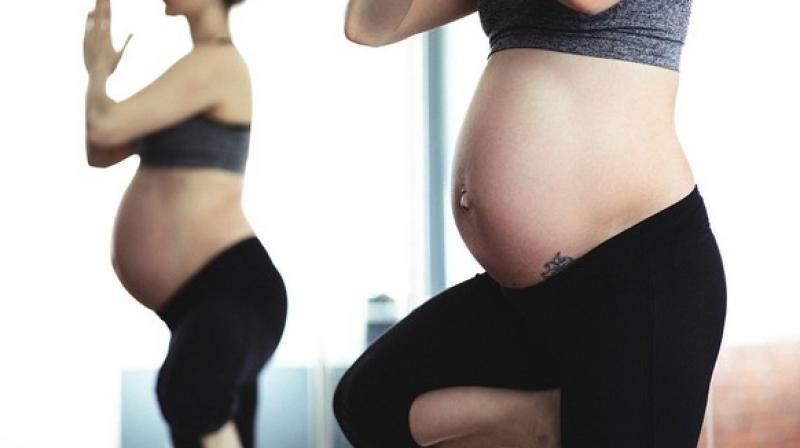Babies exposed to opioids while their mothers were pregnant with them may need special care even before they start to experience withdrawal symptoms, according to Penn State research. Researchers from Penn State College of Medicine found that as soon as 24 and 48 hours after birth, babies who were exposed to opioids prenatally reacted more strongly to pain and scored higher on a skin conductance test, which measures the electrical differences in skin in response to pain or stress. Dr. Christiana Oji-Mmuo, assistant professor of pediatrics, said the study suggests…
Read MoreCategory: Health
Home-schoolers see no added health risks over time
Years of home-schooling don’t appear to influence the general health of children, according to a Rice University study. A report by Rice kinesiology lecturer Laura Kabiri and colleagues in the Oxford University Press journal Health Promotion International puts forth evidence that the amount of time a student spends in home school is “weakly or not at all related to multiple aspects of youth physical health.” “Although there may be differences in the health of elementary through high school home-schoolers, those differences don’t seem to change with additional time spent in home school,”…
Read MoreCellular rivalry promotes healthy skin development
Not all cells are destined for greatness. Deemed unfit to serve in the body, some are killed off during early development through a process called cell competition. This phenomenon has previously been documented in flies and is now turning out to occur in mammals as well. In a recent study, described in Nature, Rockefeller scientists showed that skin cells in mice engage in two forms of competition, one taking place during early embryonic development and the other occurring just before birth. The researchers believe that this cutthroat cellular conflict is crucial…
Read MoreKeep your placenta healthy by exercising while pregnant
Over 1.9 billion adults worldwide are overweight or obese, and by 2025 this is projected to increase to 2.7 billion. Obesity significantly raises the risk of developing 11 different types of cancer, stroke, type 2 diabetes, heart disease and non-alcoholic fatty liver disease (1, 2). New research in The Journal of Physiology found a possible explanation for the benefits of maternal exercise on fetal development, in obese mothers: it’s down to improved placental function, which prevents the fetus from growing too big, and also better metabolism in the mothers. The placenta performs…
Read MoreNewly identified bacteria-killing protein needs vitamin A to work
People who have inadequate vitamin A in their diets are more susceptible to skin infection, yet how that vitamin affects skin immunity has been unclear. In a study published today, UT Southwestern researchers shed some light on that mystery by identifying a previously unknown bacteria-killing protein on the epidermis that requires the vitamin to work. The researchers found that one protein in the resistin-like molecule (RELM) family — RELMα — acts as an antibiotic to rapidly kill bacteria. Both RELMα, which is made by mice, and the corresponding human RELM…
Read More




